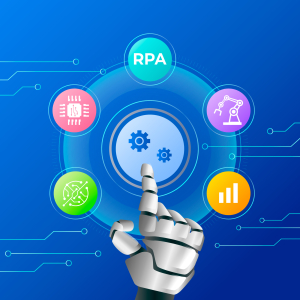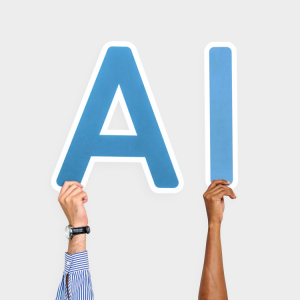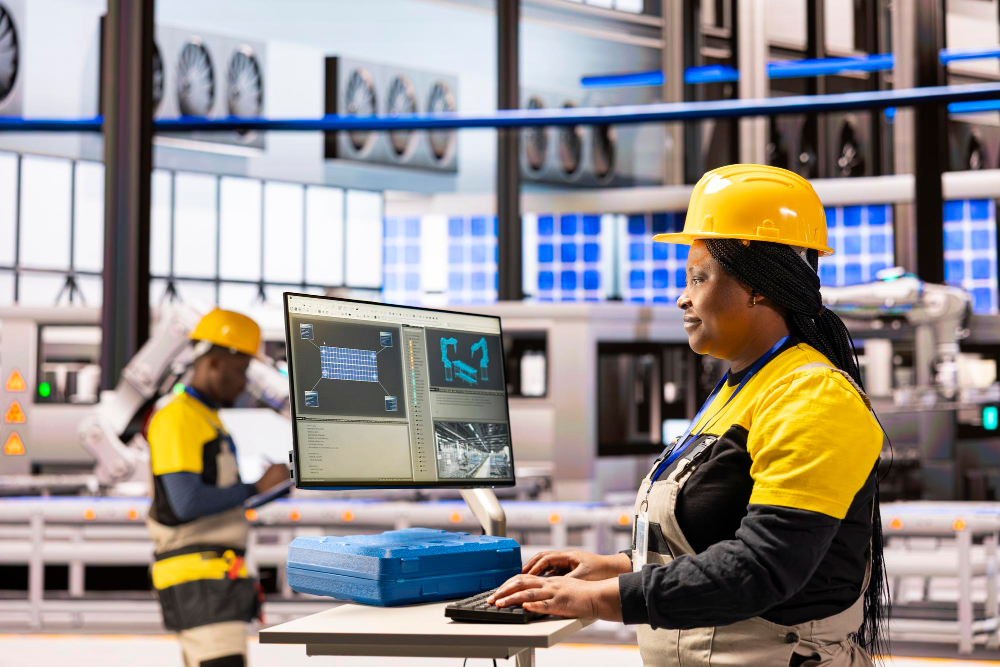A modern manufacturing software development company builds the digital systems that keep today’s factories running efficiently and intelligently. From production lines to supply chains, almost every aspect of manufacturing now depends on software that connects people, machines, and data.
The manufacturing sector’s digital transformation has changed how products are designed, monitored, and delivered. Smart factories now rely on integrated systems that collect real-time data, control equipment remotely, and automate decisions that once required manual oversight. These advances, driven by industrial software development, have redefined productivity and quality in manufacturing.
As global competition grows and customer expectations rise, manufacturers are turning to specialized partners who can design industrial software solutions suited to complex, connected operations.
The Role of a Manufacturing Software Development Company in Modern Industry
A manufacturing software development company designs and maintains the digital tools that allow industrial plants to function with precision. These companies bridge the gap between engineering and technology, enabling production environments to become more responsive and data-driven.
The goal is not only to automate tasks but to improve coordination across production, logistics, maintenance, and planning. Software systems can now monitor every stage of manufacturing in real time, giving managers a complete view of performance across multiple locations.
From Legacy Systems to Real-Time Automation
Many manufacturers still depend on legacy ERP or MES systems that lack integration with modern sensors and analytics. By moving toward AI-driven and IoT-enabled systems, companies can detect inefficiencies early, predict maintenance needs, and balance workloads automatically.
For instance, a factory equipped with automated production scheduling can adjust its operations when a machine shows early signs of wear or when supply levels drop. This real-time responsiveness reduces waste and improves throughput across the plant.
Collaboration Between Manufacturers and Tech Partners
Most manufacturers do not develop software in-house. They depend on technology partners with deep domain knowledge and experience in automation. Collaboration allows software engineers and production specialists to co-create tools that fit operational needs—rather than forcing factories to adapt to rigid systems.
This partnership-driven approach supports innovation, helping industries stay competitive as technology standards evolve and data volumes increase.
Core Solutions Provided by a Manufacturing Software Development Company
Every manufacturing software development company offers a set of core systems designed to manage production, improve reliability, and provide data visibility. These tools connect hardware with analytics platforms, helping manufacturers act on insights rather than just collect information.
Manufacturing Execution Systems (MES) and ERP Integration
MES and ERP systems are the foundation of digital manufacturing. MES connects the shop floor to enterprise planning, tracking each unit’s progress through production. When integrated with ERP, it ensures that scheduling, inventory, and supply chain data remain synchronized across departments.
Predictive Maintenance and Equipment Monitoring Software
Modern factories use predictive maintenance applications that combine IoT sensors with AI algorithms. These systems detect abnormal machine behavior, forecast potential failures, and recommend service schedules. The result is less unplanned downtime and a longer lifespan for critical equipment.
Quality Control, Inventory, and Production Analytics Platforms
Advanced analytics platforms give decision-makers detailed insights into production efficiency, defect rates, and material usage. Through interactive dashboards, engineers can identify performance patterns, correct inefficiencies, and maintain consistent product quality across shifts or facilities.
Key Technologies Powering Industrial Software Solutions
The success of industrial software solutions depends on technologies that connect machines, data, and human operators in a secure and efficient ecosystem.
IoT for Real-Time Monitoring and Data-Driven Insights
The Internet of Things (IoT) allows sensors and machines to communicate continuously. This connectivity enables real-time data collection, offering a clear view of temperature, pressure, energy use, and other production variables. Factories use this information to identify inefficiencies, reduce downtime, and support sustainability goals.
Artificial Intelligence and Robotics Integration
AI systems in manufacturing help analyze large volumes of data to identify trends or detect anomalies. Robotics equipped with AI can perform precision tasks and adapt to changing conditions on the assembly line. Together, these technologies create an intelligent production environment where systems learn and adjust continuously.
Cloud Computing and Secure Factory Networking
Cloud-based manufacturing platforms enable collaboration between departments, plants, and suppliers. Data stored in secure cloud environments supports global coordination while ensuring that sensitive information remains protected through encryption and controlled access.
The Impact of Smart Factory Software on Business Performance
Smart factories powered by smart factory software have transformed how companies approach production and quality management. These systems increase operational visibility, reduce waste, and allow decision-making based on facts rather than assumptions.
Factories using integrated digital platforms often report:
- 20–30% reduction in production downtime due to predictive maintenance.
- Higher resource utilization through dynamic scheduling.
- Improved quality assurance via real-time defect detection and analytics.
Beyond efficiency, industrial automation software supports sustainability. Systems that monitor energy consumption and waste output help organizations achieve compliance and lower environmental impact.
The use of manufacturing IT solutions extends to supply chain management, customer demand forecasting, and lifecycle tracking—creating a continuous flow of insight that strengthens every stage of production.
Analytics dashboards have become central to this transformation. They allow managers to interpret data quickly, compare plant performance, and make decisions that align with long-term strategic goals.
Conclusion
A modern manufacturing software development company plays a crucial role in shaping the digital infrastructure of the industry. By combining engineering expertise with data intelligence, these companies help manufacturers move from reactive processes to proactive operations.
The shift toward connected, intelligent systems has already redefined global manufacturing standards. As AI, robotics, and IoT continue to mature, factories will become even more autonomous and efficient—creating a future where digital precision supports consistent quality and sustainable growth.
Smart manufacturing is no longer an aspiration; it is the new foundation of industrial progress.
- Top 7 Reasons Businesses Prefer Hiring an App Developer in Brisbane Over Offshore Teams
- The Mediterranean Advantage: Why Businesses Prefer Full Stack Developers in Greece







